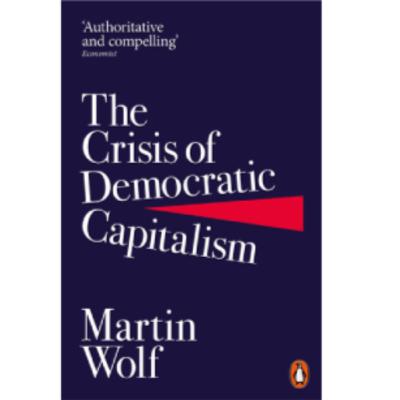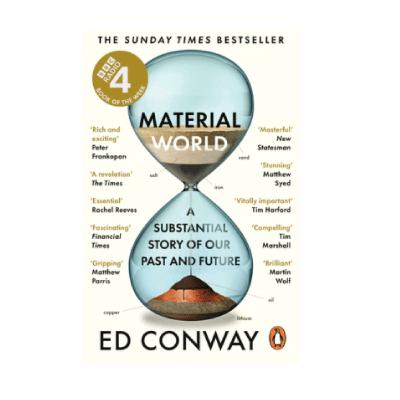Interview with Scott Lincicome
Description
Filippo Gaddo, Managing Director at A&M and SPE Councillor, interviewed Scott Lincicome, vice president of general economics and Cato’s Herbert A. Stiefel Center for Trade Policy Studies, and author of: Defending Globalization: Facts and Myths about the Global Economy and Its Fundamental Humanity.
In the interview, Scott and Filippo discuss recent trends in trade policy and comment on the ups and downs of tariffs announcements and the level of economic uncertainty they are bringing to the market.
Scott Lincicome offers a clear and principled defence of free trade while acknowledging the significant political and economic headwinds it currently faces. He traces the shift in U.S. trade policy from a relatively stable, rules-based system to a more erratic, unilateral tariff regime, especially under the renewed Trump administration.
He is critical of the resurgence of protectionism in U.S. politics— across both parties — as driven by flawed narratives that overstate the harms of trade while ignoring its widespread benefits. Scott emphasises that trade has not been the primary driver of job losses or inequality, and warns that industrial policy often devolves into inefficient rent-seeking.
In the discussion, Scott and Filippo highlight how the effective U.S. tariff rate has skyrocketed — from 2–3% under Obama to potentially 18–25% today — driven by sweeping executive actions often justified by questionable national emergency claims.
Scott warns of the resulting investment uncertainty, economic dislocation, and long-term damage to U.S. credibility, especially given the lack of Congressional oversight. While he sees the courts as a possible check, he’s sceptical that legal remedies will come quickly enough to prevent sustained disruption.
Looking forward, Scott suggests the U.S. might settle into a “new normal” of 10% average tariffs, with China facing higher rates but lower than the original rates suggested in early April, and Canada and Mexico’s position uncertain.
He casts doubt on the idea of a manufacturing renaissance, citing higher input costs, retaliation risks, and political instability as strong deterrents to sustained investment.
On the recent UK–US trade agreement, Scott is sceptical: it is “extremely modest” in economic terms and politically 'inflated'. At this stage he views it as more symbolic than substantive, though more details are to be expected. This is an extremely important and very timely conversation on one of the hot economic topics of the day.
Scott Lincicome is the vice president of general economics and Cato’s Herbert A. Stiefel Center for Trade Policy Studies. He writes on international and domestic economic issues, including international trade; subsidies and industrial policy; manufacturing and global supply chains; and economic dynamism. See his recent book: Defending Globalization: Facts and Myths about the Global Economy and Its Fundamental Humanity and article: https://www.cato.org/commentary/busting-manufacturing-jobs-myths.
Lincicome also is a senior visiting lecturer at Duke University Law School, where he has taught a course on international trade law, and he previously taught international trade policy as a visiting lecturer at Duke.
Prior to joining Cato, Lincicome spent two decades practicing international trade law at White & Case LLP, where he litigated national and multilateral trade disputes and advised multinational corporations on how to optimize their transactions and business practices consistent with global trade rules and national regulations.
He is routinely featured on TV, radio, and print media. Lincicome has a BA in political science from the University of Virginia and a JD from the university’s School of Law.







